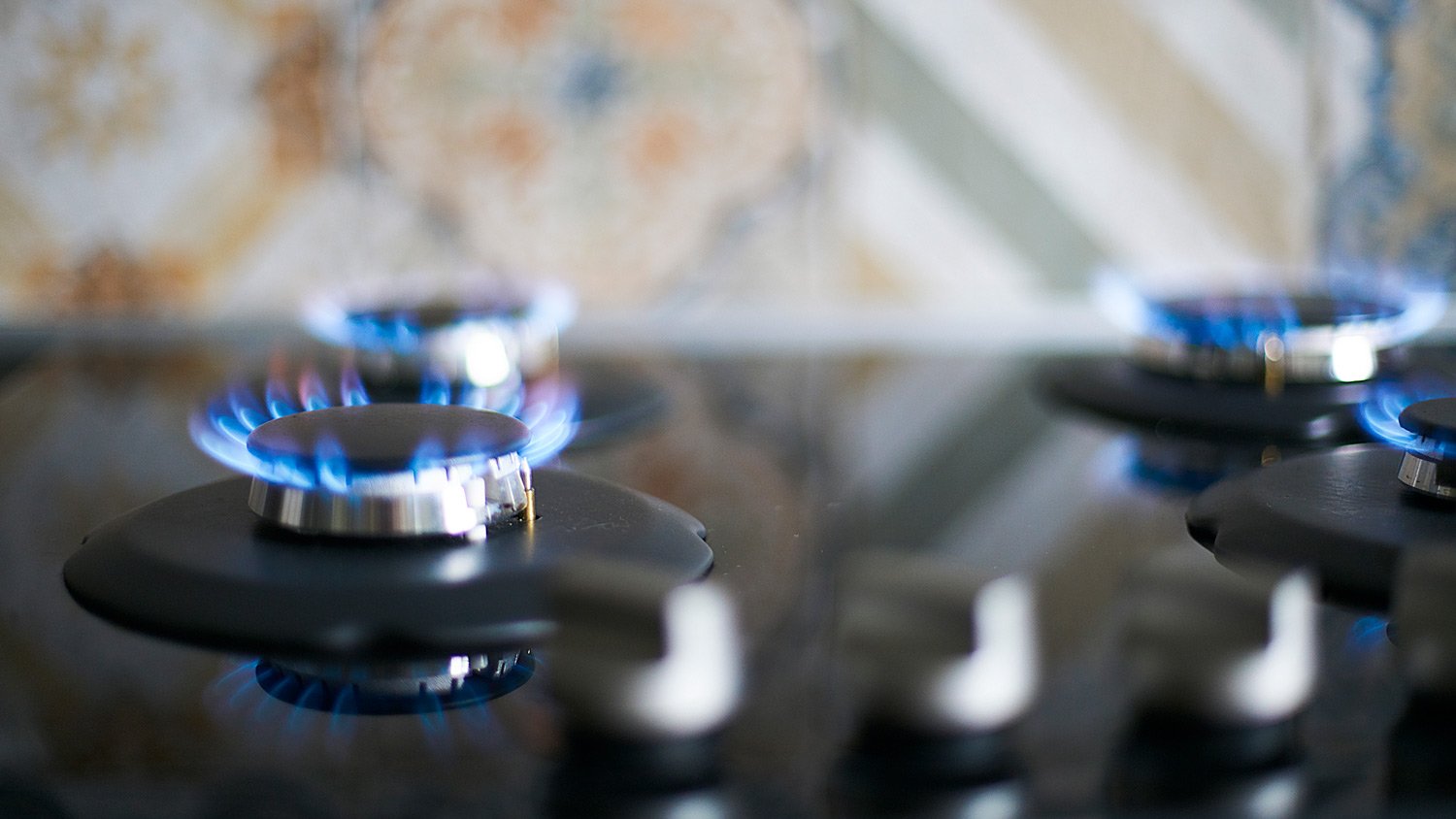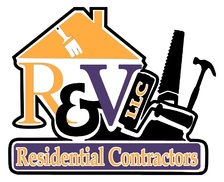
Get matched with top gas log pros in Corning, IA
Enter your zip and get matched with up to 5 pros
Need a pro for your gas log service project in Corning, IA?
Verified Reviews for Gas Log Service pros in Corning, IA
*The Angi rating for Gas Log Service companies in Corning, IA is a rating based on verified reviews from our community of homeowners who have used these pros to meet their Gas Log Service needs.
*The HomeAdvisor rating for Gas Log Service companies in Corning, IA is a rating based on verified reviews from our community of homeowners who have used these pros to meet their Gas Log Service needs.
Last update on January 12, 2026
Find Gas log pros in Corning

AppliancePartsPros.com
AppliancePartsPros.com
Since 1999, we've helped millions of do-it-yourselfers save money and fix their broken appliances quickly by providing quality appliance parts and free repair advice. We are only an online appliance parts retailer that offers a 365 day warranty and fast shipping. We also offer technical advice and diagnosis totally free 6 days a week. If you are interested in repairing your own appliance, please call us at 1-877-477-7278 or click live chat on our web site. We will help diagnose the problem and provide you with all the necessary information for the repair free of charge. It's better with the Pros!™ Avoid costly service calls - visit us at http://www.appliancepartspros.com
"Beware of shipping issues with this company. Ordered an ice maker installation kit on 10/10/25. Shipping was due no later than 10/20 according to company and FedEx tracking. FedEx tracking showed the package at their facility for 8 days without moving beginning on 10/15. Called FedEx 3 times. Each time they said they cannot find package and I have to contact shipper. Shipper has to make a claim, they will not mark it as lost. Called Appliance Parts Pros twice. Each time they say FedEx has to mark package lost before they will do anything. They also state they have to wait 14 days from them before doing anything because of their contract with FedEx. I don't care about their contract, I want what was ordered and paid for. Just going in circles with them and FedEX. If they shipped after 14 days it would be 22 days from that point, 32 days from the date of order if they shipped it that day. There was a deadline for installing this part before tenants arrive. They did not care, would not m"
Ron R on October 2025
Since 1999, we've helped millions of do-it-yourselfers save money and fix their broken appliances quickly by providing quality appliance parts and free repair advice. We are only an online appliance parts retailer that offers a 365 day warranty and fast shipping. We also offer technical advice and diagnosis totally free 6 days a week. If you are interested in repairing your own appliance, please call us at 1-877-477-7278 or click live chat on our web site. We will help diagnose the problem and provide you with all the necessary information for the repair free of charge. It's better with the Pros!™ Avoid costly service calls - visit us at http://www.appliancepartspros.com
"Beware of shipping issues with this company. Ordered an ice maker installation kit on 10/10/25. Shipping was due no later than 10/20 according to company and FedEx tracking. FedEx tracking showed the package at their facility for 8 days without moving beginning on 10/15. Called FedEx 3 times. Each time they said they cannot find package and I have to contact shipper. Shipper has to make a claim, they will not mark it as lost. Called Appliance Parts Pros twice. Each time they say FedEx has to mark package lost before they will do anything. They also state they have to wait 14 days from them before doing anything because of their contract with FedEx. I don't care about their contract, I want what was ordered and paid for. Just going in circles with them and FedEX. If they shipped after 14 days it would be 22 days from that point, 32 days from the date of order if they shipped it that day. There was a deadline for installing this part before tenants arrive. They did not care, would not m"
Ron R on October 2025

Acculevel Inc
Acculevel Inc
Acculevel is your foundation repair expert, serving Indiana, Illinois, Kentucky, and Ohio and been in business since 1996. Most of our repairs come with a life of the structure warranty. Acculevel begins by evaluating your entire foundation system, checking your property for the signs and causes of foundation failure. From foundation & crawlspace repair to waterproofing & encapsulation systems, Acculevel can help you protect your home-- possibly the most valuable investment you'll ever make. A dry home is a healthy home. Acculevel is committed to providing the most technologically advanced repairs to help keep your home dry and on a safe foundation. A strong foundation protects your home's structure, lowers utility bills and maintains the value of your property. Check our pictures for the signs & symptoms of foundation & water damage, and then call Acculevel for your free visual inspection. 1-866-669-3349
"STAY AWAY FROM THIS COMPANY. They took my 1st half deposit and then vanished. I have called multiple times. Spoke with someone once and they promised a call back. Never did. Emailed and no response. This was over 4 months ago. Nothing. They stole my money. Sales guy was John Mullikin. Here's their class-act response by chat. The best response I've had yet. "Conversation closed by Erika"."
Jeff N on September 2025
Acculevel is your foundation repair expert, serving Indiana, Illinois, Kentucky, and Ohio and been in business since 1996. Most of our repairs come with a life of the structure warranty. Acculevel begins by evaluating your entire foundation system, checking your property for the signs and causes of foundation failure. From foundation & crawlspace repair to waterproofing & encapsulation systems, Acculevel can help you protect your home-- possibly the most valuable investment you'll ever make. A dry home is a healthy home. Acculevel is committed to providing the most technologically advanced repairs to help keep your home dry and on a safe foundation. A strong foundation protects your home's structure, lowers utility bills and maintains the value of your property. Check our pictures for the signs & symptoms of foundation & water damage, and then call Acculevel for your free visual inspection. 1-866-669-3349
"STAY AWAY FROM THIS COMPANY. They took my 1st half deposit and then vanished. I have called multiple times. Spoke with someone once and they promised a call back. Never did. Emailed and no response. This was over 4 months ago. Nothing. They stole my money. Sales guy was John Mullikin. Here's their class-act response by chat. The best response I've had yet. "Conversation closed by Erika"."
Jeff N on September 2025
The Schebler Co
The Schebler Co
Since 1895, Schebler has been making Quad Cities homes and businesses more comfortable. Today, our heating and cooling systems can be found in spaces as large as the iWireless Center and in many homes throughout the Quad Cities area.
Since 1895, Schebler has been making Quad Cities homes and businesses more comfortable. Today, our heating and cooling systems can be found in spaces as large as the iWireless Center and in many homes throughout the Quad Cities area.
Stonebrook Roofing Inc
Stonebrook Roofing Inc
Additional email - [email protected]. Additional phone - (402) 430-5519.
Additional email - [email protected]. Additional phone - (402) 430-5519.
Dave Navarro Construction
Dave Navarro Construction
We are a General contracting company. We perform all services involved in the completion of unfinished space. We do hire sub contractors when needed. We also stand by their work as well. Though we have only been in buisness for a short time. we have a combined 37 years construction experience.
We are a General contracting company. We perform all services involved in the completion of unfinished space. We do hire sub contractors when needed. We also stand by their work as well. Though we have only been in buisness for a short time. we have a combined 37 years construction experience.
RICH-WOODS INC
RICH-WOODS INC
Rich~Woods Inc. started as a family owned custom cabinet shop and has developed into a full service home building,remodeling, and finishing contractor.
Rich~Woods Inc. started as a family owned custom cabinet shop and has developed into a full service home building,remodeling, and finishing contractor.
Chamberlin Heating And Air Conditioning
Chamberlin Heating And Air Conditioning
HVAC-residential, commercial.
HVAC-residential, commercial.
BRYMONS HOME FURNISHINGS
BRYMONS HOME FURNISHINGS
Full-line home furnishings store specializing in complimentary (with a minimal furniture purchase) in-home decorating consultations. Browse on your own, or ask a decorating question...we're here to help.
Full-line home furnishings store specializing in complimentary (with a minimal furniture purchase) in-home decorating consultations. Browse on your own, or ask a decorating question...we're here to help.
Cabinets By Stac
Cabinets By Stac
We are a family owned and operated business. We have flooring, lighting, 4 lines of cabinets, countertops, and much much more.
We are a family owned and operated business. We have flooring, lighting, 4 lines of cabinets, countertops, and much much more.
The Corning, IA homeowners’ guide to gas log services
From average costs to expert advice, get all the answers you need to get your job done.

With a gas fireplace, it’s important to stay up-to-date on your inspections. Learn more about how much gas fireplace inspections cost before you book one.

Want a safer, cleaner alternative to your traditional fireplace? Use this guide to determine the cost to convert a fireplace to gas in your home.

Whether it's time for pipe replacement or to hook up the range of your dreams, gas line installation cost is an important line in your budget. Let's take a look.

Gas fireplaces may emit a sulfuric or burning plastic smell from time to time. Learn why your gas fireplace smells like gas or plastic and what to do next.

Gas leaks pose serious risks to your home and health. This essential homeowner guide teaches you how to check a gas line for leaks and steps to help prevent them.

Gas fireplaces don’t emit the soothing scent of a campfire, so why not convert? Converting a gas fireplace into a wood-burning one is relatively simple and affordable.
- 🌱 "Mow a small front yard"
- 🛠 "Fix a leaking pipe under the sink"
- 🏠 "Repair shingles on an asphalt roof"






